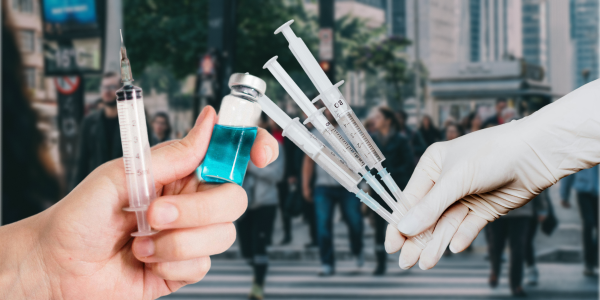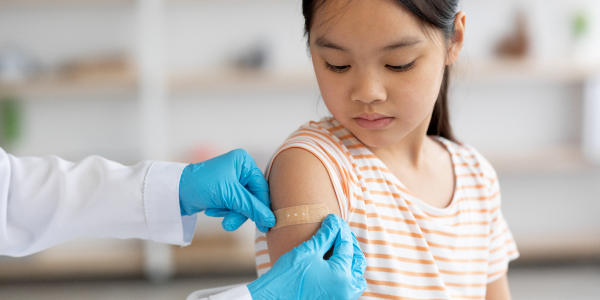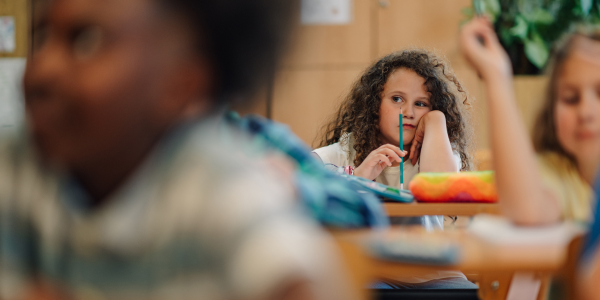
Vaccination doesn’t just protect the person receiving it — it protects the whole community. This is the idea behind herd immunity, sometimes known as community immunity.
In this blog, we explain what herd immunity means, who relies on it most, and why every child’s vaccination plays a vital role in keeping vulnerable people safe. It’s one of the most powerful tools we have in public health — and it starts with individual action.

What Is Herd Immunity?
Herd immunity happens when a large portion of a community is immune to a disease, typically through vaccination. When enough people are protected, the disease has fewer chances to spread.
Even if someone brings the infection into the community, it can’t easily pass from one person to the next — because most people are already immune. That significantly reduces the risk of an outbreak.
In short: the more people who are vaccinated, the harder it is for diseases to spread.
Who Benefits the Most?
Some people can’t have vaccines. Others may not respond well to them. These individuals depend on those around them to stop illnesses from circulating.
Those who benefit most from herd immunity include:
– Newborns and very young babies: They may be too young to receive certain vaccines.
– People with weakened immune systems: This includes people going through cancer treatment, living with certain conditions, or taking immunosuppressant medicines.
– Individuals who don’t respond fully to vaccines: No vaccine is 100% effective for every person — so those who aren’t fully protected still benefit from fewer germs circulating in the community.
For these groups, herd immunity offers essential protection. Without it, they face a much higher risk of serious illness.
Why Your Child’s Vaccination Matters
Every time a child receives a recommended vaccine, it strengthens the community’s collective defence.
Many childhood vaccines — including the MMR (measles, mumps, rubella) vaccine and the pneumococcal vaccine — don’t just protect the child from getting sick. They also stop the child from passing on the infection to others.
When children are vaccinated, they’re much less likely to carry or spread certain germs, even if they don’t feel unwell themselves. This can make a huge difference in reducing how quickly diseases move through a community.

And the benefits add up. The more families who follow the NHS vaccination schedule, the stronger our protection becomes.
The Bigger Picture
In areas with low vaccine uptake, outbreaks become more likely — especially in schools, nurseries, and close-knit communities. But where vaccine coverage is high, infections struggle to spread, and everyone stays safer.
This is why sticking to the NHS vaccine schedule matters. It’s not just about individual health. It’s about doing your part to protect children, older adults, and medically vulnerable people you may never even meet.
What You Can Do Today
Herd immunity relies on community effort — and small actions can make a big impact.
Here’s how you can help:
– Check your child’s vaccination record: Are they up to date with all recommended jabs?
– Book any missed vaccinations: Your GP practice or local NHS service can help you catch up.
– Share accurate information: Trusted sources save lives. If a friend or family member has questions about vaccines, help point them to NHS or GOV.UK guidance.
Every vaccine counts — and your actions today help protect others tomorrow.

Prefer a Quick Summary?
If you’d like a simplified version of this information, you can open our PDF leaflet for a quick overview. It’s easy to view or share with others who might benefit.
👉 [Open the simplified leaflet]
Learn More from Trusted Sources
For reliable, up-to-date information about vaccinations and herd immunity, we recommend visiting:
NHS – Overview of how vaccines protect the wider community:
Herd immunity isn’t just a concept — it’s a community promise. Your choice to vaccinate helps protect those who can’t. Thank you for being part of that protection.





